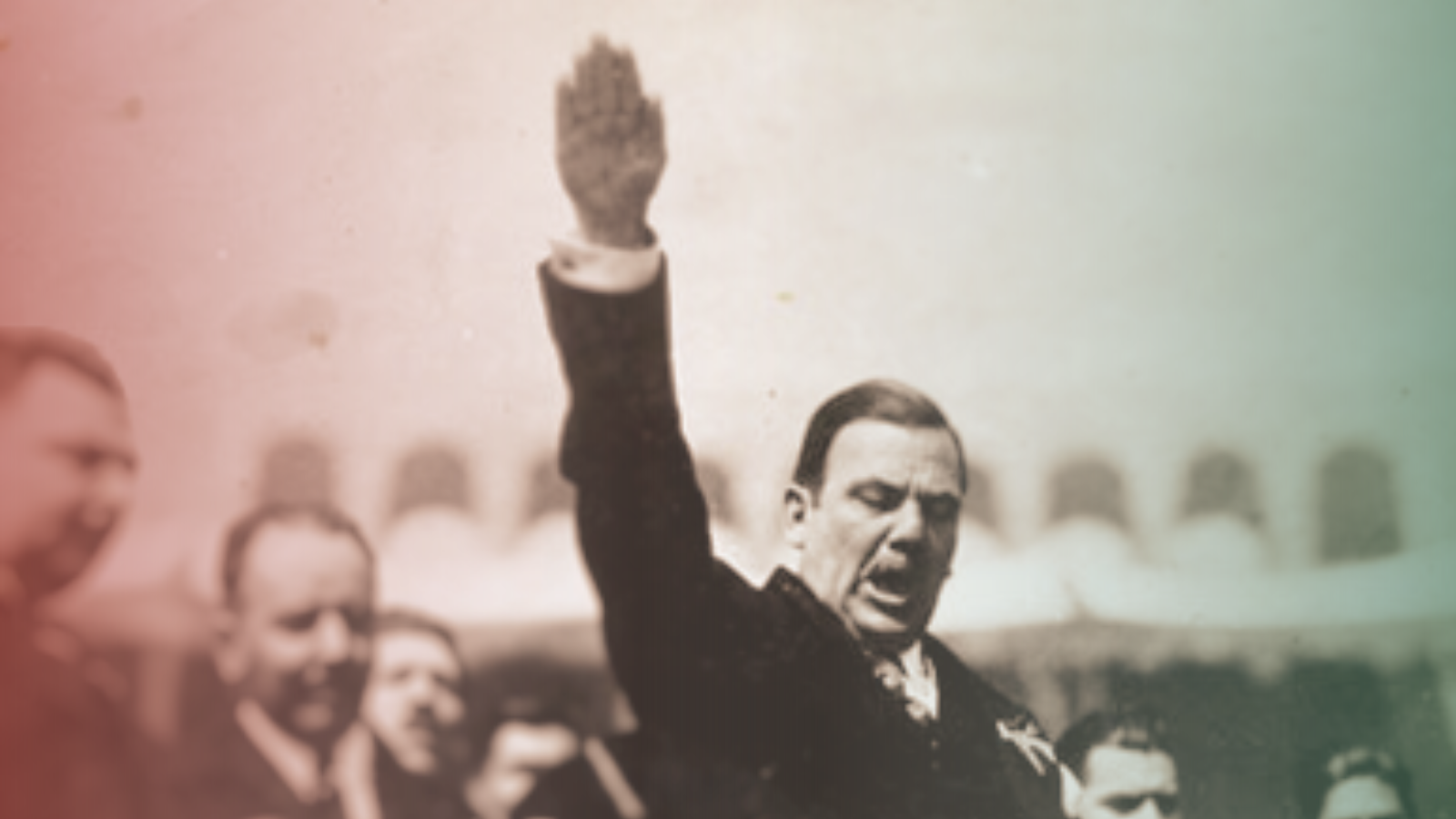Plutarco Elías Calles: The Legacy of a Mexican Revolutionary and Statesman

Introduction:
Plutarco Elías Calles, a prominent figure in Mexican history, played a significant role in shaping the country's political landscape during the early 20th century. As a revolutionary leader, president, and statesman, Calles left a lasting impact on Mexico's governance, social reforms, and nationalist policies. In this article, we explore the life, achievements, and controversies surrounding Plutarco Elías Calles, shedding light on his contributions to Mexican history.
Early Life and Revolutionary Involvement:
Born on September 25, 1877, in Sonora, Mexico, Calles emerged as a key figure in the Mexican Revolution, which sought to overthrow the long-standing dictatorship of Porfirio Díaz. Calles joined the revolutionary forces and became involved in organizing opposition to the Díaz regime, advocating for agrarian reforms, and fighting for social justice and workers' rights.
Presidency and Social Reforms:
After the revolutionary period, Calles served as the president of Mexico from 1924 to 1928. His presidency marked a time of significant social and political changes in Mexico. Calles implemented land redistribution programs, aiming to address the extreme inequality in land ownership. He also introduced labor reforms, promoting workers' rights, and establishing labor unions to protect their interests. Calles' government focused on modernizing Mexico's infrastructure and promoting industrialization.
Become a Premium Insider
Subscribe to The Arias Journal and get the latest breaking news, in-depth analysis, and exclusive interviews from around the world. With a subscription, you'll have unlimited access to all our articles and features, delivered right to your inbox.
Click to SubscribeThe Calles Law and Church-State Relations:
One of the most controversial aspects of Calles' presidency was the enactment of the Calles Law (Ley Calles) in 1926. The law aimed to restrict the power and influence of the Catholic Church in Mexican society, leading to a series of conflicts known as the Cristero War. The tensions between the government and the Catholic Church persisted for several years, and it was not until the late 1930s that a resolution was reached.
Legacy and Impact:
Calles' presidency and subsequent political influence left a lasting impact on Mexico. His agrarian and labor reforms contributed to a more equitable distribution of land and improved working conditions for many Mexicans. However, his controversial policies regarding the Catholic Church and the Calles Law sparked significant divisions within Mexican society.
Later Years and Historical Reflection:
Following his presidency, Calles remained an influential figure in Mexican politics, although he did not hold any official positions. He continued to exert political influence through his support for various political candidates and parties. In later years, Calles played a role in shaping Mexico's modern political institutions, particularly the Institutional Revolutionary Party (PRI).
Conclusion:
Plutarco Elías Calles played a complex and pivotal role in Mexican history. As a revolutionary leader, president, and statesman, he introduced significant social reforms and nationalist policies that aimed to address historical injustices and promote economic development. However, controversies surrounding his policies, particularly regarding the Catholic Church and the Calles Law, continue to be subjects of debate and historical reflection. Whether viewed as a transformative figure or a controversial statesman, Calles' impact on Mexican politics and society cannot be overlooked, shaping the course of the nation during a crucial period of its history.
